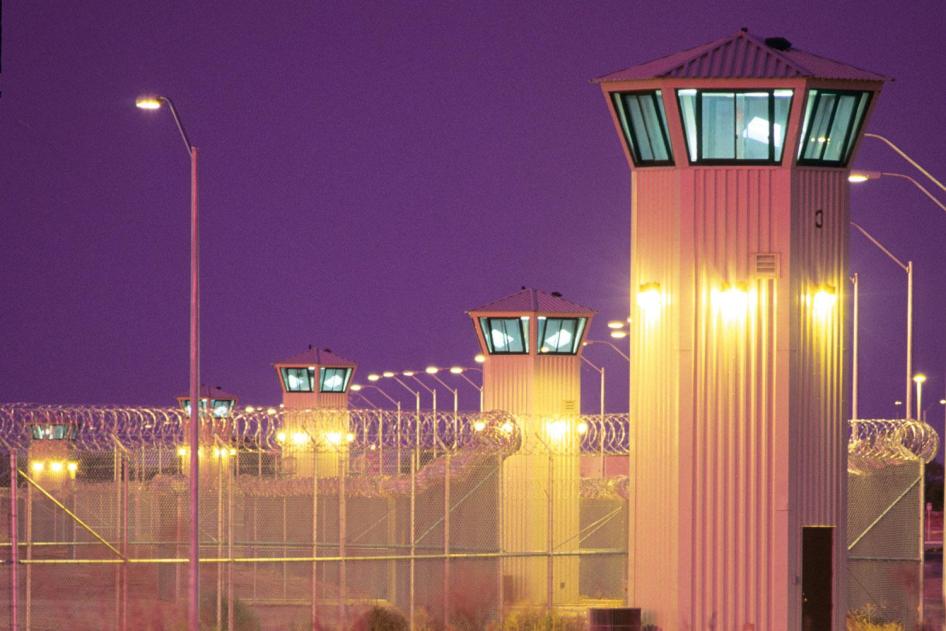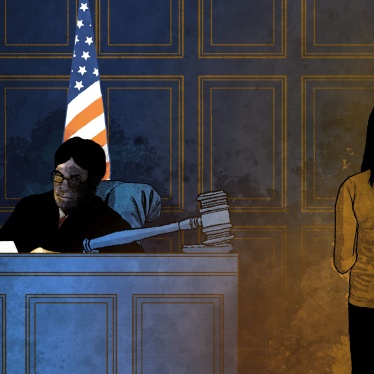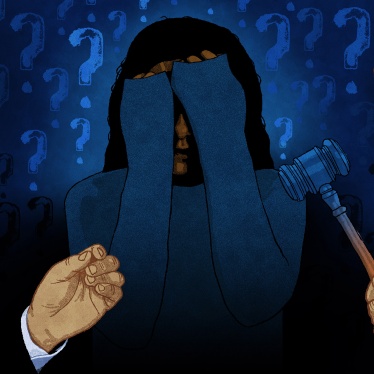Sacramento – California Governor Jerry Brown announced a smart and humane ballot measure on January 27, 2016, that would dramatically reform both juvenile and criminal justice laws in the state, Human Rights Watch said today.
The proposed changes to California’s juvenile law would give judges sole power to grant or deny prosecutors’ requests to remove a youth from juvenile court to be tried as an adult in the criminal system. Current law allows prosecutors to directly charge youth as young as 14 in adult court, where they face the prospect of adult penalties, including lengthy prison terms.
“Governor Brown’s proposed reform would affect the single most important decision the state makes about a child,” said
Elizabeth Calvin, senior children’s rights advocate at Human Rights Watch. “A decision to try a youth as an adult is a decision to give up on that young person and deny them the education, treatment, and services the juvenile system provides to help turn their lives around.”
California is one of just 15 states in the United States that allow a prosecutor instead of a judge to make the decision to file cases in adult court. Since 2003, over 10,000 California youth under 18 have been tried as adults, nearly 7,200 of them were directly filed in adult court with no oversight by a judge. Charging youth as adults has serious, lifelong consequences for the youth involved; and multiple studies have shown that children who are prosecuted in the adult system commit new offenses more quickly and go on to commit more serious crimes than those who are kept in the juvenile justice system for the same offenses.
“Youth who commit crimes should be held accountable, but the right place to do that is the juvenile justice system,” Calvin said.
The US Supreme Court, in a series of five recent cases, has underscored that children are developmentally less mature than adults and more capable of rehabilitation. Their punishment should take into account their diminished culpability and their capacity to change. Judgments about punishment are best made by the juvenile system, which takes these factors into account.
Under current California law, prosecutors typically have to make the decision whether to file in adult court within 48 hours of the crime. They do so without crucial information about the young person’s life and ability to grow and change.
The ballot measure would also authorize adult parole consideration for nonviolent inmates who complete the full sentence for their primary offense and allow inmates to earn credits for good behavior, education, and rehabilitative achievement.
“The proposed changes recognize everyone’s dignity and potential,” Calvin said. “If Governor Brown’s proposal is passed, California would be taking an important step toward reducing its use of extremely long prison sentences.”







